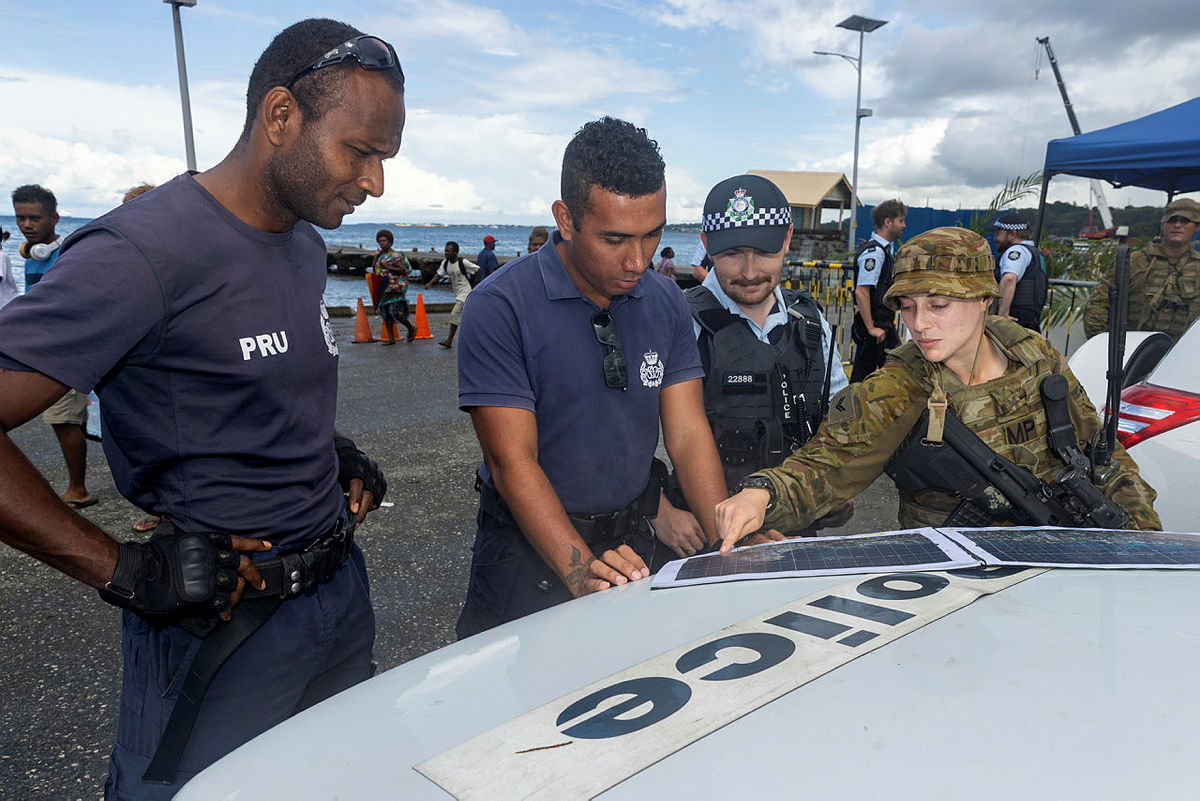
China’s treaty on security cooperation with Solomon Islands has two key purposes. First, it helps to extend the military reach of the People’s Liberation Army, complicating America’s task of moving its own forces through the Pacific. Second, Beijing gets the joy of damaging Australia’s security interests, because now we must plan on a threat from the east that can watch and potentially target our military bases.
Nothing could amuse Xi Jinping more than to see Labor blame Prime Minister Scott Morrison for failing to stop China from undermining the sovereignty of the Solomons by co-opting its prime minister.
It turns out the members of our ‘Pacific family’ have minds and agendas of their own.
The real test for the Australian government is to develop a strategy to ensure that a Chinese military base isn’t built and that Honiara decides by itself to embrace a closer security relationship with us. Securing that outcome will be difficult because Beijing will move quickly to create ‘facts on the ground’. Probably before our 21 May federal election is over, PLA cargo aircraft and ships will arrive in Honiara with material to provide the ‘logistical replenishment’, ‘stopover and transition in Solomon Islands’ and to carry out the ‘major projects’ described in the leaked draft agreement.
Australia’s policy failure is not that we failed to disrupt a Chinese covert operation. It’s much broader than that. For decades, we have overestimated our influence in the Pacific, underinvested in promoting our security and failed to appreciate China’s strategic intent.
Australia’s defence policy, released in 2020, sets three fundamental goals: to shape Australia’s strategic environment; to deter actions against our interests; and to respond with credible military force, when required.
We have failed in all three aims. We are not shaping the views of our neighbours and we have failed to deter Chinese adventurism in any practical sense. Our ‘credible military force’ is as busy as a defence force could be doing disaster relief and helping with the Covid-19 response, but when it comes to operating in the region, Defence is slow, hesitant, late and limited.
After the election, the Solomons’ lesson should force an immediate and urgent rethink about how to add grunt to the ‘shape, deter, respond’ mantra. The starting point should be to act with focused intensity to shore up our threatened strategic interests in the Pacific. We need to stop wringing our hands about China’s money politics in the region and accept that the leadership we claim will cost money.
This week Morrison announced that an extra two patrol boats will be built for the navy. Defence Minister Peter Dutton should go to Honiara and offer to base them there in a shared Australia–Solomons facility.
Diplomatically, we should be working with other Pacific island governments to develop a shared view of the risks China presents to the region. This means dropping the usual niceties behind closed doors to set out in stark terms how a micro-state can be subverted with Beijing’s money, lose its sovereignty and find itself beholden to the bosses of the Chinese Communist Party.
Morrison’s extra patrol boat announcement is a great example of what can be done if the focus is building more defence capability for the short term rather than the 2030s. The government should reverse its ill-considered decision to scrap the SkyGuardian plan for armed Reaper drones operating by 2025.
That would make it possible for the Australian Border Force to buy the maritime version of the same drone—a plan it has been forced to shelve because of the Reaper decision. Putting aside the Australian Greens—who are also happy to blame Beijing’s perfidy on our own government—does anyone doubt the need for stronger maritime surveillance to our east?
Solomon Islands can be persuaded to shelve the China deal. It will take focused effort on our part and more money than we would like to spend, but we have been short-changing defence for decades—another achievement of the great Australian bipartisan project to be asleep at the wheel of our own security.

